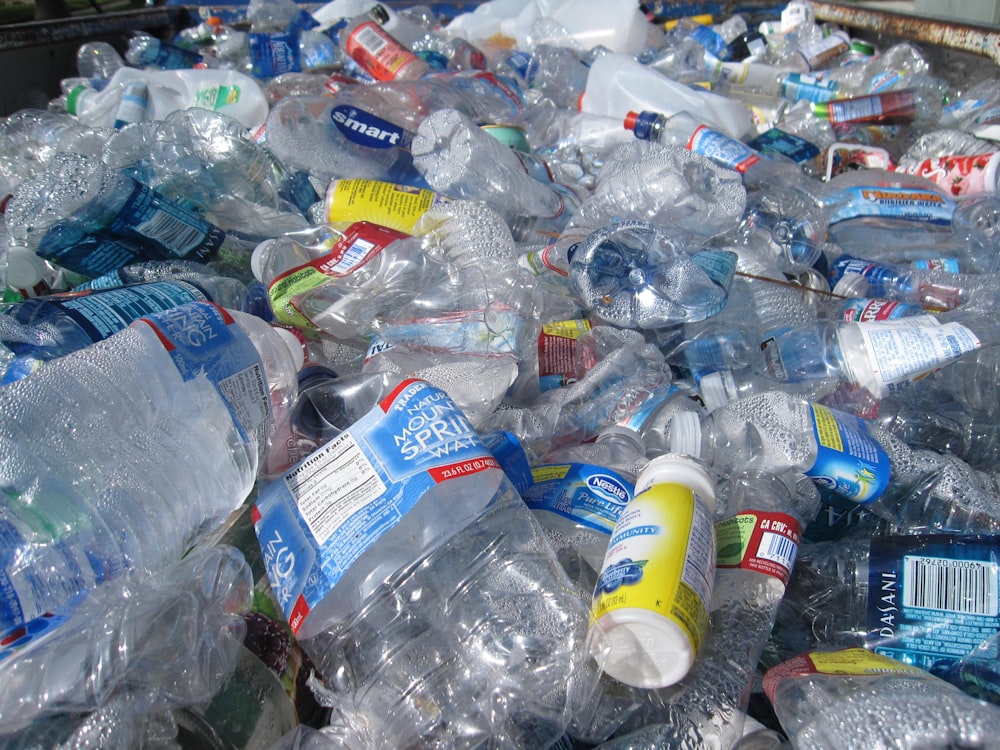
COMMENT Isabelle Zundel 30 August 2021
The increase of tragic natural disasters in intensity and frequency is proof of the immense challenge climate change displays. One of many contributing factors to climate change is the pollution and destruction of the environment through single-use plastic waste (SUP). The impacts are manifold and range from threatening terrestrial ecosystems, oceans and livestock to the sustainability of cities and production patterns. The systematic reduction of this SUP waste is one key instrument of coping with the challenge of climate change. Legal and policy interventions provide a number of tools available to reduce the pollution caused by single-use-plastic. One of the main challenges in Africa regarding SUP are thin plastic bags.[1] It is therefore not surprising that legislation controlling the use of plastic bags is the highest in Africa with respect to the number of countries having relevant regulation.[2] Mainly two policy tools aiming to reduce single-use plastic products can be identified: bans of such product (in many cases plastic bags) and the implementation of levies.[3] Knoblauch, Mederake and Stein present in their publication the finding that industrialized countries have mainly used taxes as tool whereas developing countries prefer bans to restrict plastic bag use, representative for SUP.[4] Out of 54 African states, 34 have passed a law banning plastics. Of those, 16 have totally or partially banned plastic bags whilst regulations designed to enforce those bans are worked out.
Rwanda has become famous for its implementation of plastic related legislation, regularly the crux to enable change. Law No. 57/2008 prohibits the production, import, use, and sale of polythene plastic bags in Rwanda. Its implementation is noticeable and visible every day: thin plastic bags have disappeared from supermarkets and other shops. Luggage is strictly checked for disposable plastic at the borders. But that’s not all, the East African country has become a shining example for environmental protection in general. For example, the publication of the government development program “Vision 2020” in 2000, was a pioneering commitment to environmental protection.[5]
After these early impressive steps by Rwanda, as example for a number of pioneering countries, many countries in Africa followed, as the figures of laws banning plastics show. The recognition that laws exist in large parts of Africa raises a number of crucial consequential questions:
- Are the legal frameworks sufficient to reduce SUP in order to sustainably relieve the environment and therefore protect the environment?
- Are sufficient measurements taken and processes established to enforce the bans or levies?
- Does the public have knowledge about the far-reaching consequences of plastic waste in terms of environmental degradation and climate change?
- Are there accessible alternatives to SUP?
These questions are examined on the example of Malawi through the project “Building collective ownership of single-use plastics waste in youth communities: case studies from Kenya, Jamaica, and Malawi”.
[1] Brian Nyathi and Chamunorwa A Togo, ‘Overview of Legal and Policy Framework Approaches for Plastic Bag Waste Management in African Countries’ (2020) 2020 Journal of environmental and public health 8892773 <https://pubmed.ncbi.nlm.nih.gov/33178292/>
[2] ibid, 4.
[3] Doris Knoblauch, Linda Mederake and Ulf Stein, ‘Developing Countries in the Lead—What Drives the Diffusion of Plastic Bag Policies?’ (2018) 10(6) Sustainability 1994
[4] ibid
[5] Read more about Rwanda and its partner states of the East African Community: Universität Bayreuth (ed), Plastic, no thanks!: Plastic bans in the states of the East African Community (2/2019, 2019)
